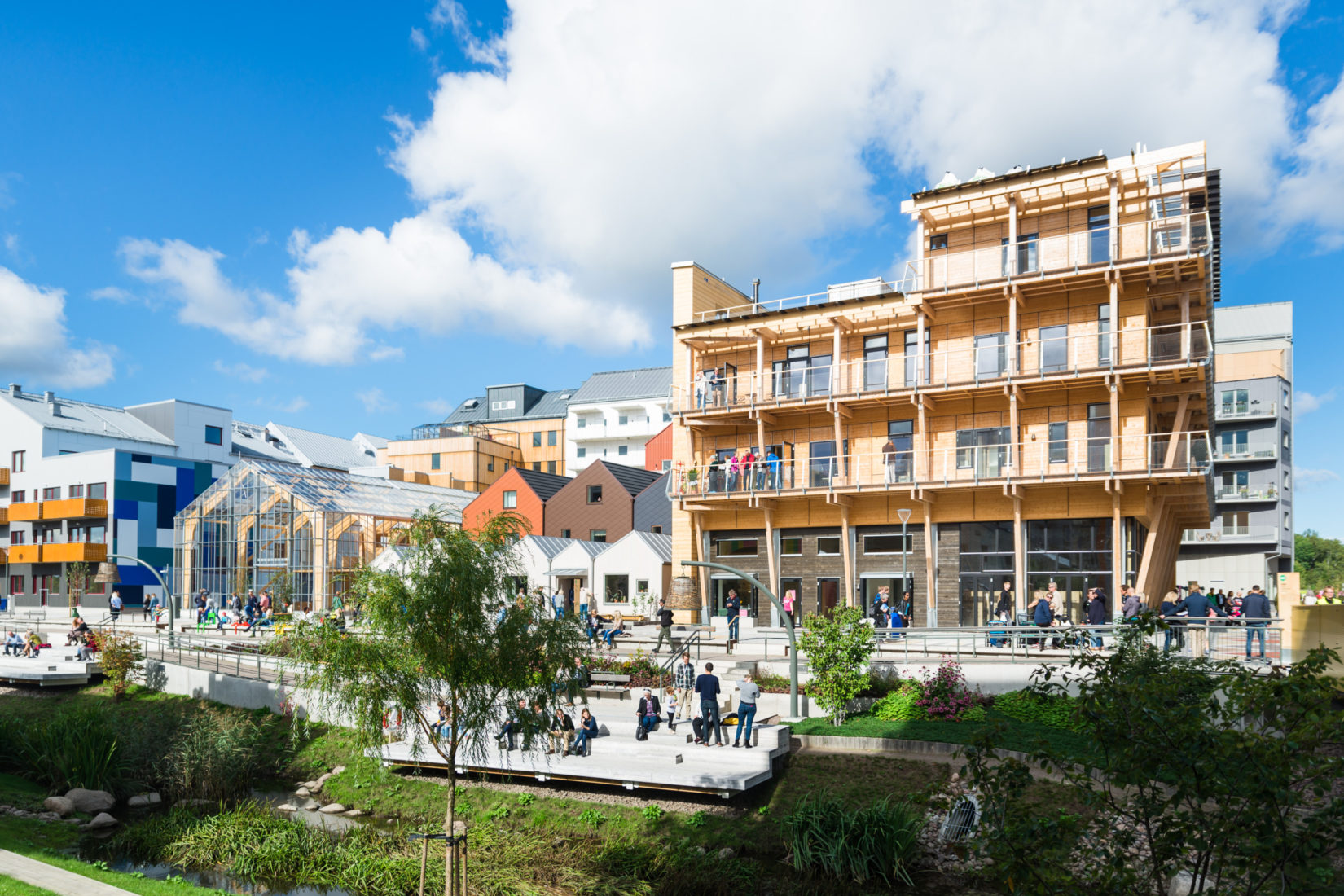Viable Cities, a so-called strategic innovation programme in Sweden, works for smart and sustainable cities. The programme includes a number of Swedish municipalities and regions, universities, research institutes, private companies and non-profit organizations.
Olga Kordas, programme manager for Viable Cities at the Royal Institute of Technology (KTH) in Stockholm, says they want to take on challenges such as changing the way our cities work in line with climate and environmental objectives.
– Cities are crucial in this transition which is necessary to tackle climate change, but cities cannot handle this on their own – they need to work together in national and global networks, says Olga Kordas.
Through Viable Cities, KTH has recently started a collaboration in the Baltic Sea region. Baltic Radar, a project funded by the Swedish Institute, started last year and involves organizations from Estonia and Ukraine.
– We want Viable Cities to be a hub and a global competence center for smart and sustainable cities. The goal is to step up the Swedish work, in line with the ambitions linked to the sustainable development goals and the Paris Agreement. We focus, among other things, on developing international networks in the Baltic Sea region.
Baltic Radar makes it possible to share knowledge in the Baltic Sea region and one aim of the project is to develop a so-called innovation radar.
– An innovation radar creates a structured work process to identify and evaluate various possible innovative solutions that can contribute to climate transition. Many innovative solutions have already been introduced on a smaller scale and they can be scalable. The innovation radar can help to identify and evaluate solutions that have real potential to contribute to climate transition.
The work in the Baltic Sea region has so far attracted great interest from the participants, says Olga Kordas.
– There is great interest in Viable Cities’ way of working and mobilizing across social sectors and disciplines. The workshops conducted so far in the Baltic Radar project show that there are major differences between the countries when it comes to economic conditions, political decision-making, governance, and awareness of climate change and sustainability. The participants in Baltic Radar, have expressed practical use of the project and experience great value from the exchange, concludes Olga Kordas.
Facts
The project “Baltic Radar” is funded by SI through the funding scheme “Seed funding for cooperation projects in the Baltic Sea region”. SI provides funding for joint projects in which organisations based in Sweden meet transnational challenges together with organisations from the Baltic Sea region countries including Russia and the countries of the EU Eastern Partnership.
The Viable Cities strategic innovation programme is a long-term effort to make smart cities a central solution in the transition to a sustainable society. The investment is implemented with a budget of SEK 1 billion in support from Vinnova, the Swedish Energy Agency and Formas. KTH is the host organization for Viable Cities, which is ongoing until 2030.
